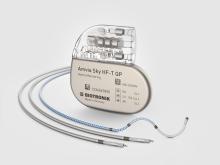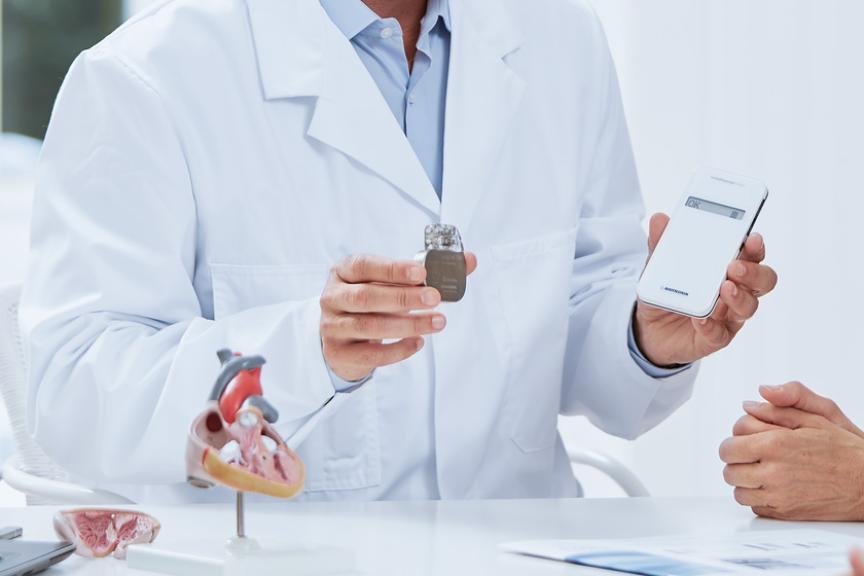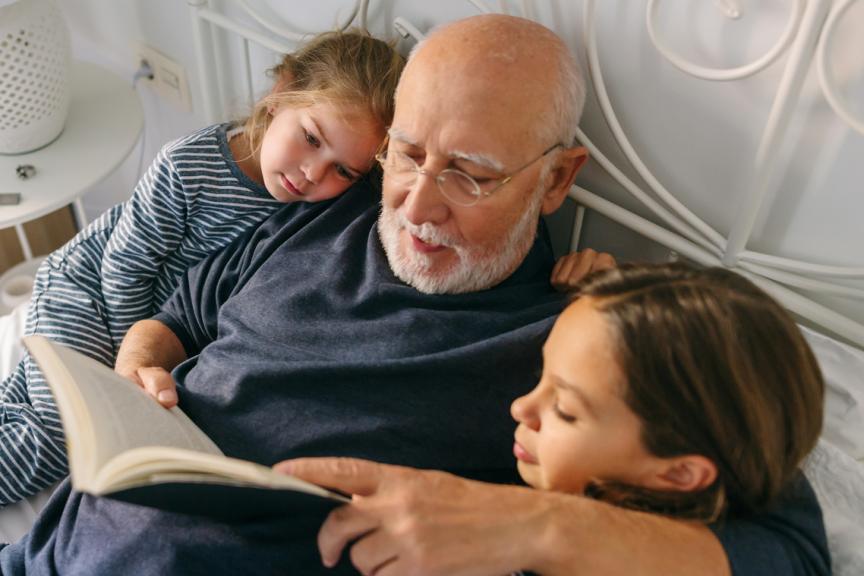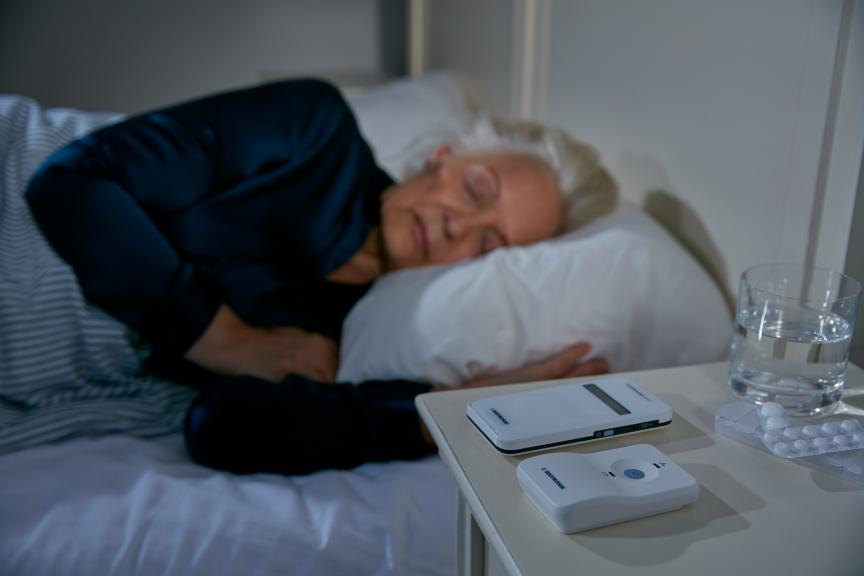What is BIOTRONIK Home Monitoring?
Your pacemaker, defibrillator or cardiac resynchronization therapy device consists of a small pulse generator and special wires, so-called leads. The leads can carry small electrical impulses to your heart and can also relay information about the heart’s rate and rhythm back to your device. This information can be accessed by your cardiologist during your follow-up visits.
With BIOTRONIK Home Monitoring, your physician can review your cardiovascular data not just when you meet during a follow-up visit but from anywhere in the world and every day. You can ask your doctor if your heart device allows for remote monitoring.
Why Is Continuous Heart Monitoring Beneficial?
Monitoring your heart remotely can help to detect any changes in the heart rhythm – also when you are not at the doctor’s office. Patients often do not even notice these abnormal heart rhythms, such as atrial fibrillation, because at first, they may not even cause any symptoms.
In heart failure patients, remote monitoring can help to recognize warning signals at an early stage as well. Heart failure means that the heart muscle is too weak to pump enough blood around the body and to supply all organs with enough oxygen and energy. In heart failure patients that are monitored remotely, physicians may be able to intervene earlier to prevent the heart function from deteriorating acutely.
Benefits for patients and physicians:
- Provides continuous care
- Provides early detection to enable early interventions—improving outcomes1,2 for patients
- Reduces mortality2,3
- Can safely and efficiently reduce and replace face-to-face follow ups1,4,5
How Does BIOTRONIK Home Monitoring Work?
BIOTRONIK Home Monitoring is highly reliable and simple to use. Every night while you are asleep, your BIOTRONIK device automatically collects and transmits data from the last 24 hours to the CardioMessenger. This is a handheld transmitter about the size of a smartphone that is placed next to your bed. The CardioMessenger sends data to a secure server, including:
- Device function status
- Battery status
- Status of pacing or defibrillation therapies delivered
- Current and historical heart rhythms including any detected abnormalities
- Overall changes in heart function
Data is transmitted to the BIOTRONIK Home Monitoring Service Center (HMSC) using mobile cellular technology. Your physicians can access and review the data 24/7 on a secure web portal and can additionally choose to receive urgent patient event alerts via text message or email. Your physician reviews your data and takes action when required.




